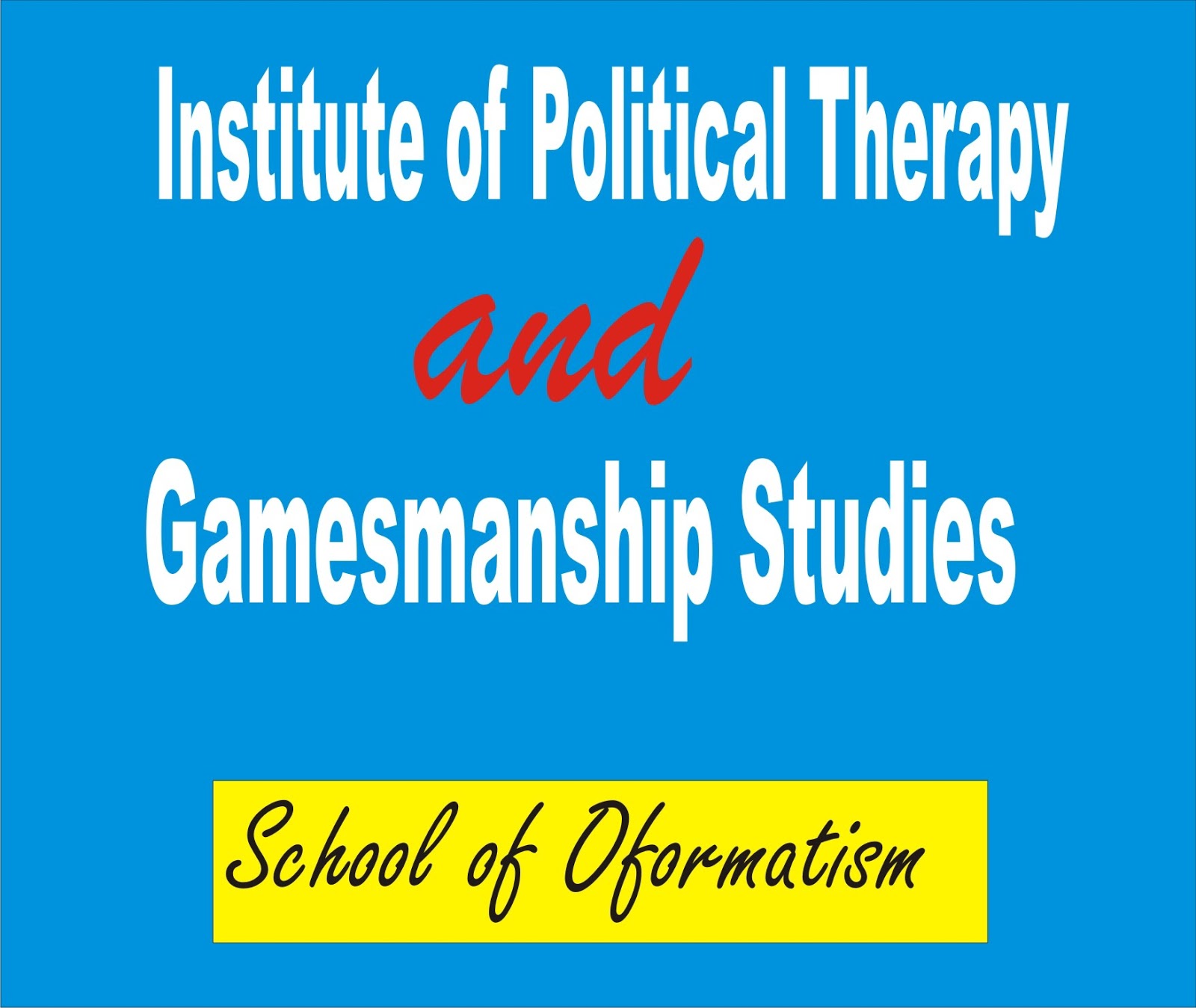COVID-19: WHY MEN REBEL, THE RELATIVE DEPRIVATION THEORY

COVID-19: WHY MEN REBEL BY A. O. EZE Relative Deprivation Relative deprivation is the lack of resources (e.g. money, rights, social equality) necessary to maintain the quality of life considered typical within a given socio-economic group. The deprivation model suggests that people who feel they are being deprived of something considered essential in their society (money, rights, political voice, status) will organize or join social movements dedicated to obtaining the things of which they feel deprived. The major proponents of the model are an American sociologist Robert K. Merton, Ted Robert Gurr in his work titled “Why Men Rebel”, published in 1970 and British statesman and sociologist Walter Runciman. Walter Runciman listed four required conditions that can trigger the sense of deprivation: 1. A person does not have something 2. That person knows other people who have the thing 3. That person wants to have the thing 4. That person believes they have a r...